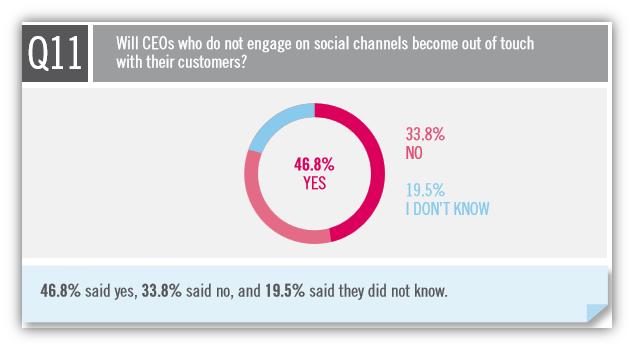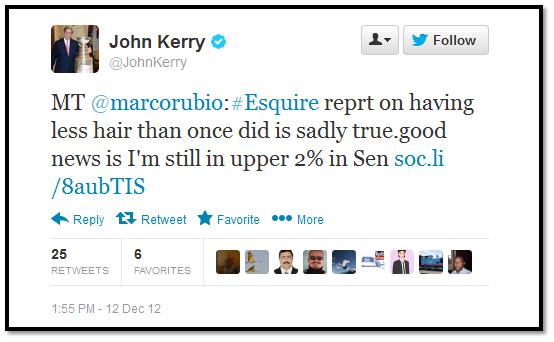 I had the pleasure of attending a different kind of media event last week. I went to a poetry reading by Billy Collins (pictured), an artist who brings a very regular guy approach to his writing. If there was a Jerry Seinfeld of poetry, it would be Billy Collins, who sees humor, irony, and a rainbow of emotions in everyday things we often overlook.
I had the pleasure of attending a different kind of media event last week. I went to a poetry reading by Billy Collins (pictured), an artist who brings a very regular guy approach to his writing. If there was a Jerry Seinfeld of poetry, it would be Billy Collins, who sees humor, irony, and a rainbow of emotions in everyday things we often overlook.
Along the way, he talked about how most stories pretty much boil to just a handful of plots. And for science fiction, there are essentially two storylines: We went there OR they came here.
Regular readers of jacoBLOG might get that same sense from my choice of topics. A common one these past couple of years has revolved around the need for radio’s leadership to immerse themselves in social media – not just so they can better understand the space and its opportunities – but also because it can be an incredibly effective tool for communicating to their staffs and those who interface with their companies.
So I was reminded of that when Bill Jacobs sent me an infographic the other day from BRANDfog’s annual study of 800 employees in the US and the UK about social media. More than eight in ten of respondents believe that social media is an important communications tool. And nearly seven in ten feel that leveraging social media makes their CEOs more effective.
But once again, it’s early days for many corporate leaders when it comes to using social media. Nearly half feel that CEOs who aren’t engaged on social media will become out of touch with their customers.
BRANDfog’s Ann Charles puts in this way:
“While social media is new, the nexus between communication and leadership is not. Many of the world’s greatest leaders – from Winston Churchill to Martin Luther King, Jr. to Steve Jobs – have been highly skilled communicators. What’s different is the competitive landscape – customers, investors and stakeholders now expect to have access to the insights and vision of CEOs. C-suite executives who ignore this trend miss an enormous opportunity to shape ongoing conversations about their individual and corporate brands, and do so at their peril.”
But there’s a part two.
It turns out that there’s a certain type of executive that has gotten the social media message: The U.S. Senate and the U.S. House of Representatives.
Now I realize that’s unbelievable, but it’s true. NBCNews.com reports that every member of the Senate – all 100 – is now using Twitter (or at least members of their harried staffs). In 2011, only 44 Senators were firing off tweets.
And for that crazy Congress, 90% of House of Representatives members now use Twitter, somehow communicating in 140 characters or less.
This says a lot about the changing times in which we live where the need to communicate with constituents, customers, clients, and consumers has never been higher. And if they’re doing it in Congress, shouldn’t every CEO, Senior VP, and Manager be doing the same?
By the way, NBCNews.com reveals that while President Obama now has more than 26 million followers, the top Senator is John McCain (nearly 1.8 million) while the top member in the House is Speaker John Boehner (over 400,000).
Say what you will about our political environment but when our nation’s representatives are engaged with social media, it should send us all a message.
So for all the radio broadcasting CEOs who have taken the plunge, congratulations. For those of you looking for a little push, hopefully this post provides the extra impetus you need. And for the group that is still resisting the urge, I hope that 2013 is your year of change and discovery. Most of the former holdouts I’ve spoken to about social media have told me about how rewarding social media participation can be. It’s not always pretty and there is a loss of control, but it can be a valuable window to your clients and customers – and to yourself.
- What To Do If Your Radio Station Goes Through A Midlife Crisis - April 25, 2025
- A 2020 Lesson?It Could All Be Gone In A Flash - April 24, 2025
- How AI Can Give Radio Personalities More…PERSONALITY - April 23, 2025






There are aspects to every management job that are unforeseen; they require learning and doing things that are unexpected and uncomfortable. Not recognizing, embracing and mastering them is mostly laziness IMO.
I was paid a nice consulting fee around 15 years ago by a corporate executive who wasn’t very computer literate at a time when the the divide between those who were and were not was getting bigger, more noticeable and more impactful. He didn’t want his IT people to know how much he didn’t, but recognized the need to learn how to use popular software and become fluent with it. He cared, knew it was part of this job and did something about it.
C and V level execs should learn about social media and integrate it into their jobs, Not doing so is like not learning how to read a spreadsheet, conduct a meeting or do a presentation. Part of the job dude (a word now used in the place where “man” used to be – for any CEOs who don’t get the reference) 🙂
Correct on all fronts, Bob. A little remedial help can benefit anyone in the corner office (or corporate staffers nearby). This is stuff they didn’t teach in business school or when most broadcasting execs got those BA degrees decades ago. Appreciate you taking the time to give us your thoughts, dude.